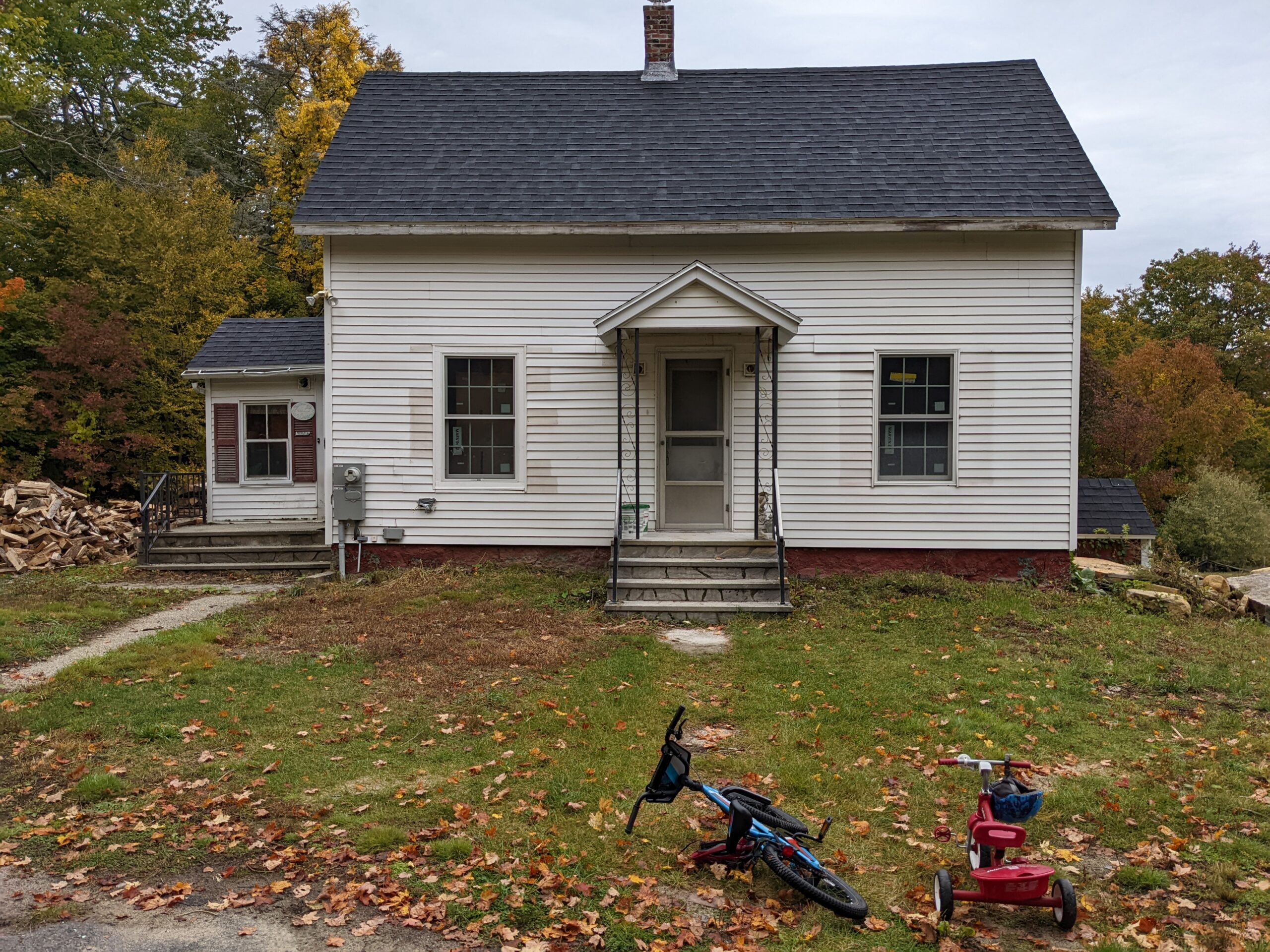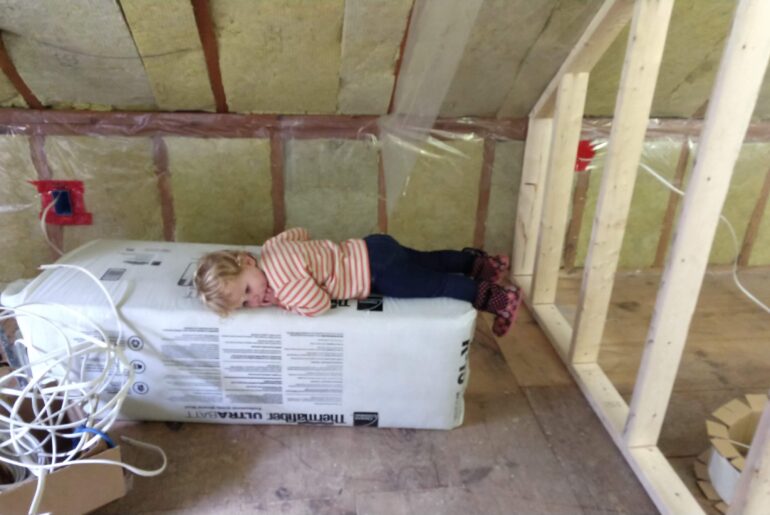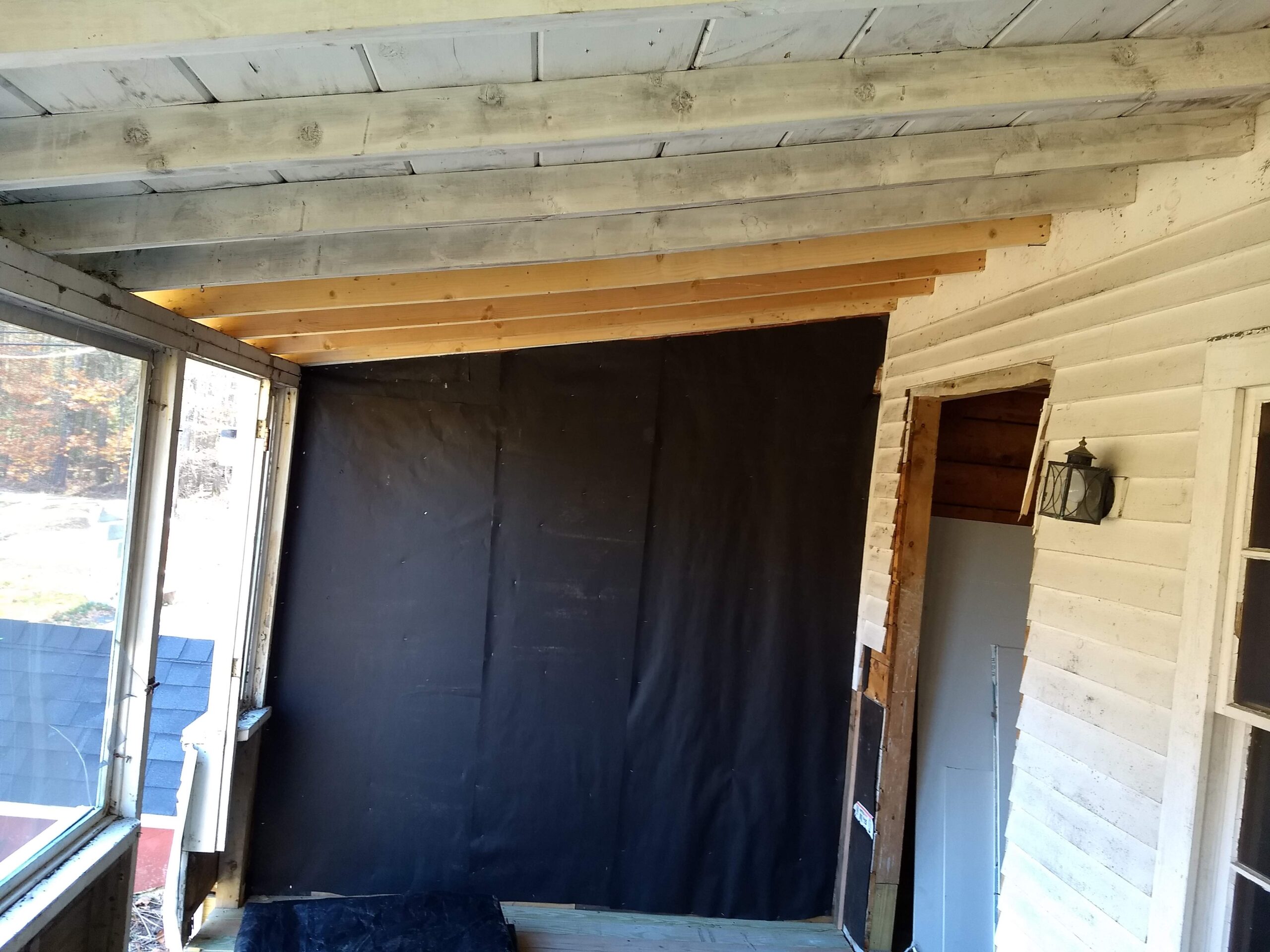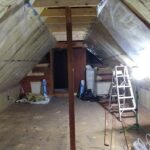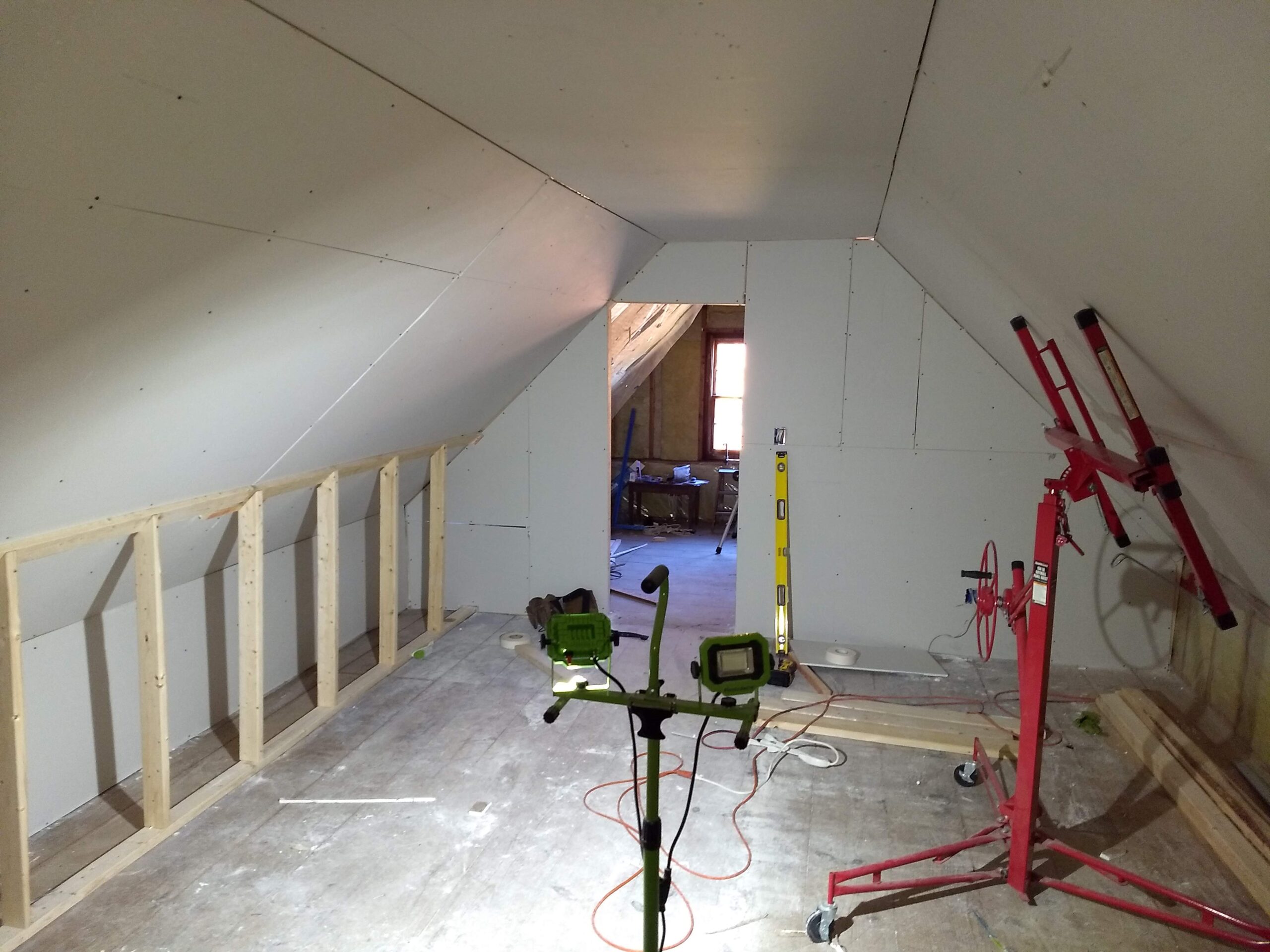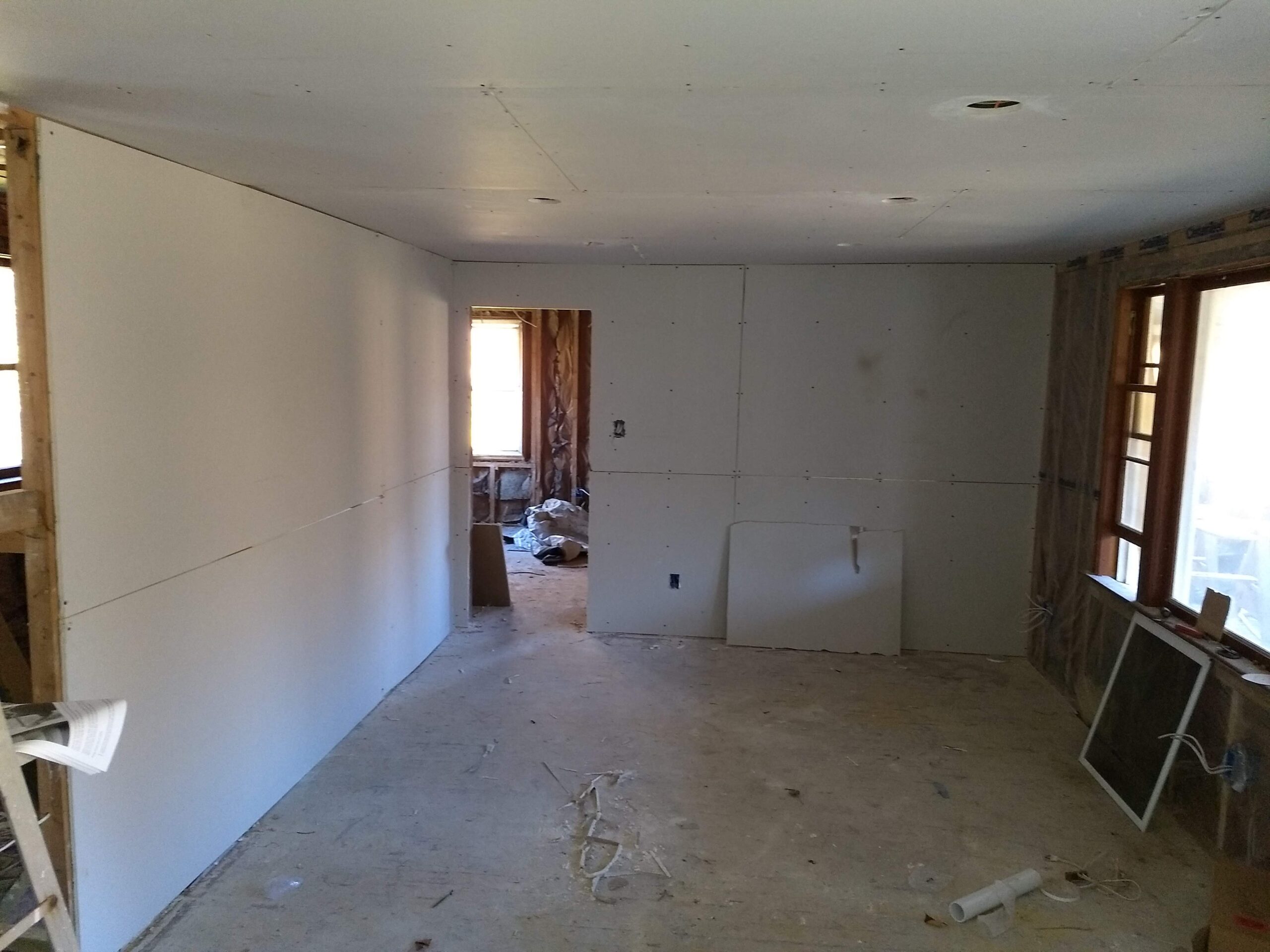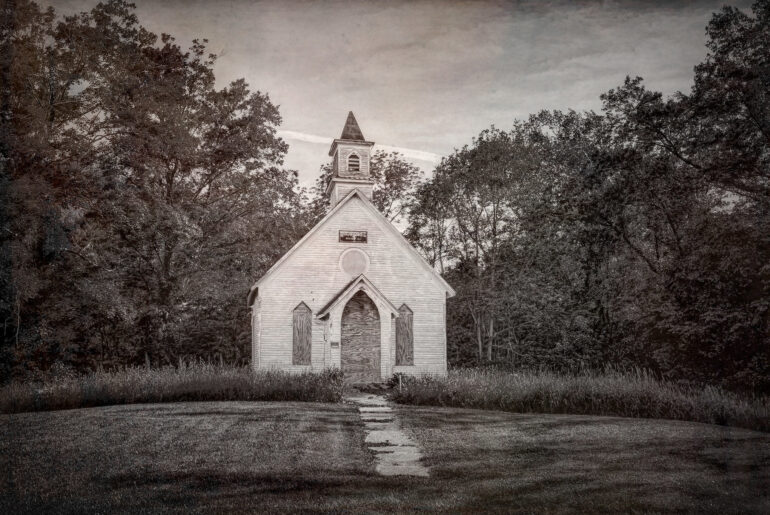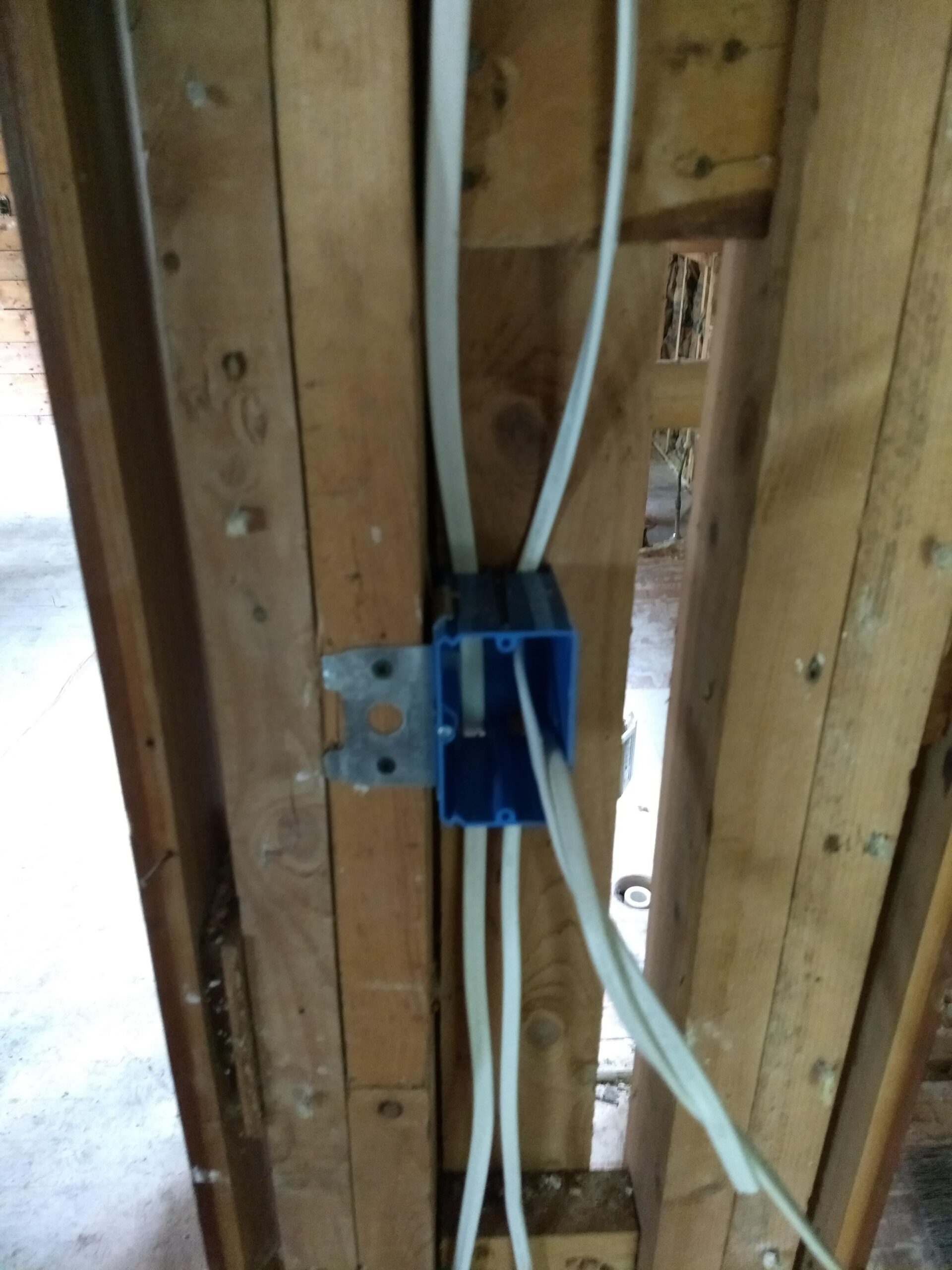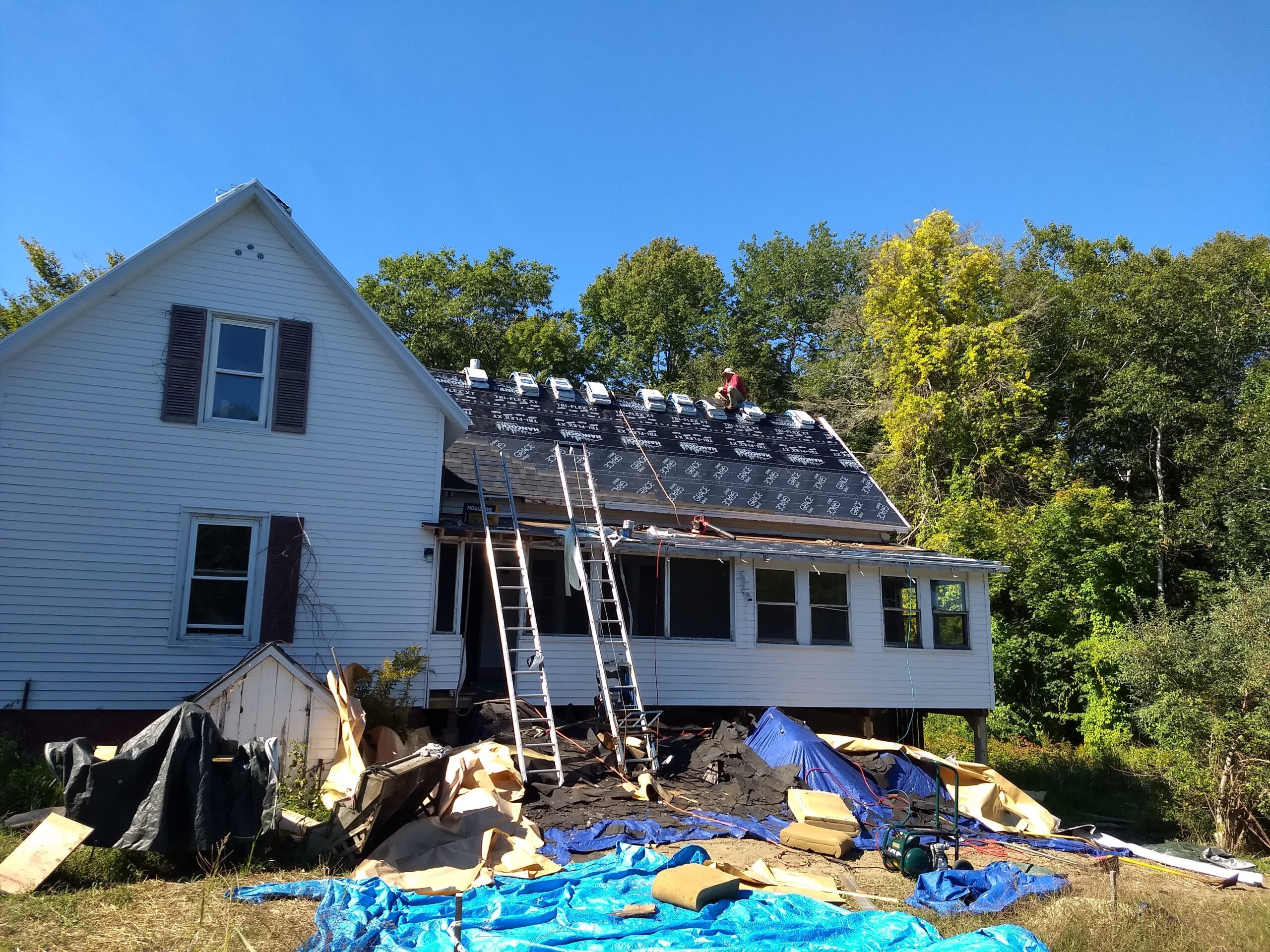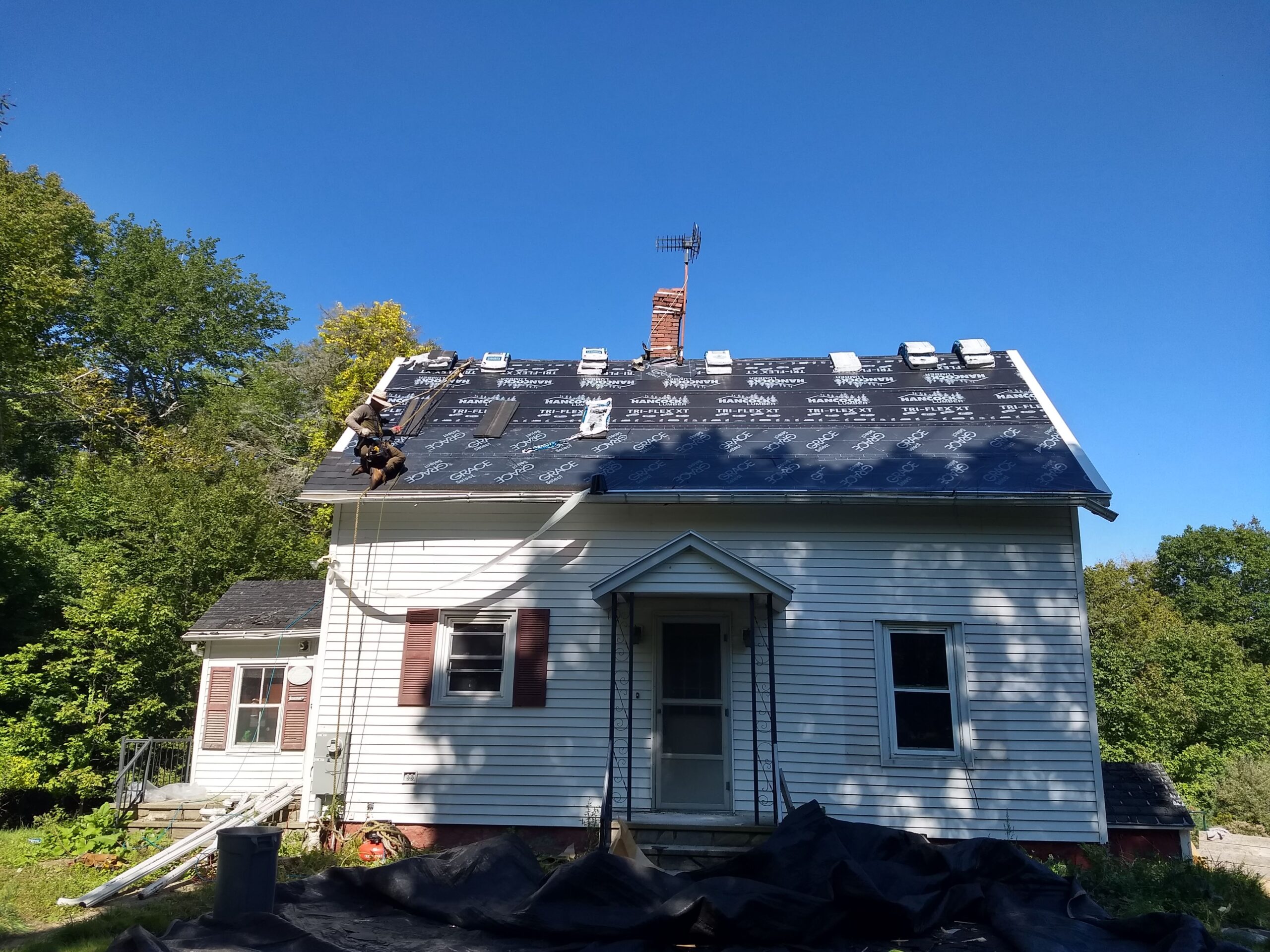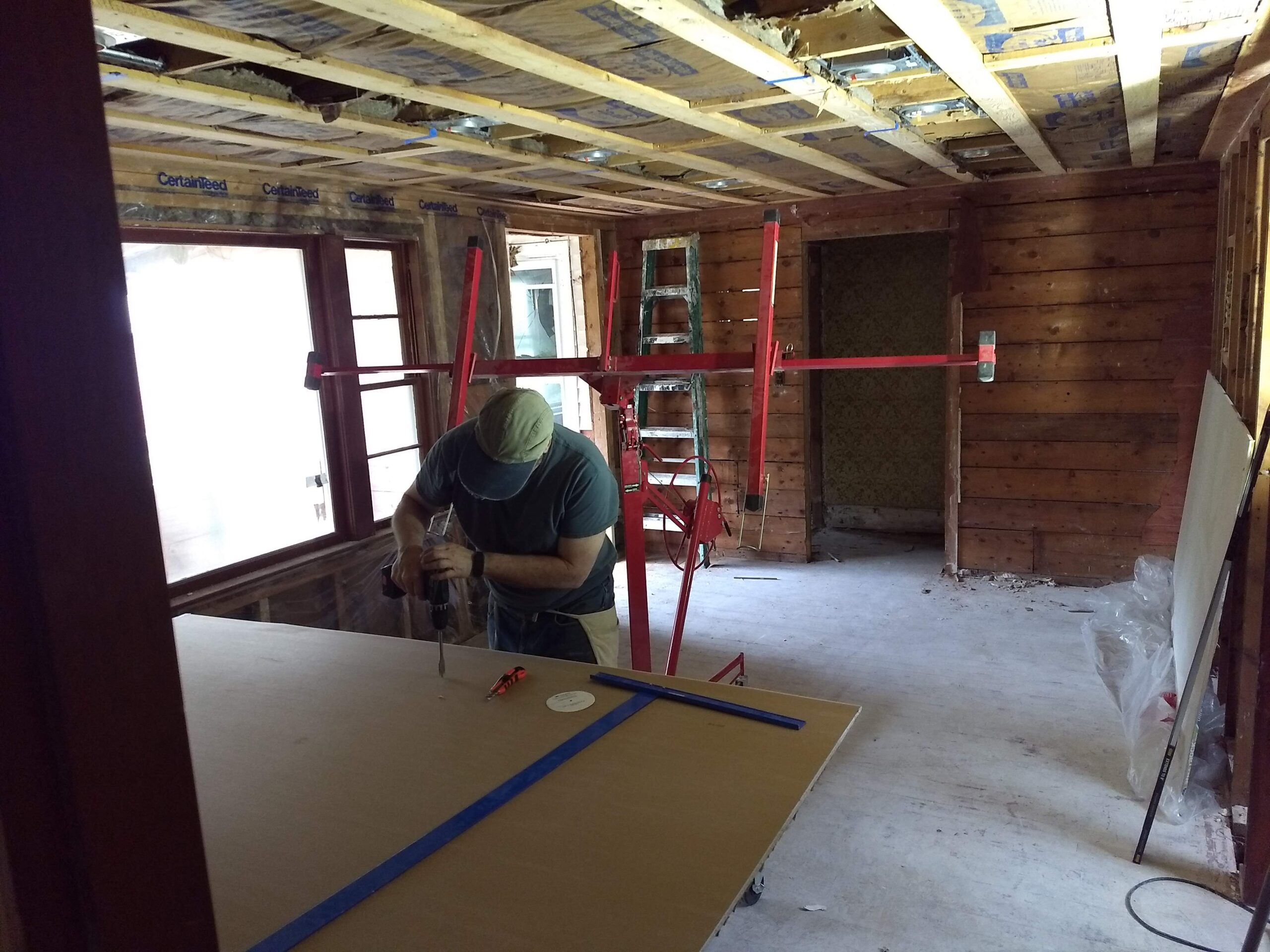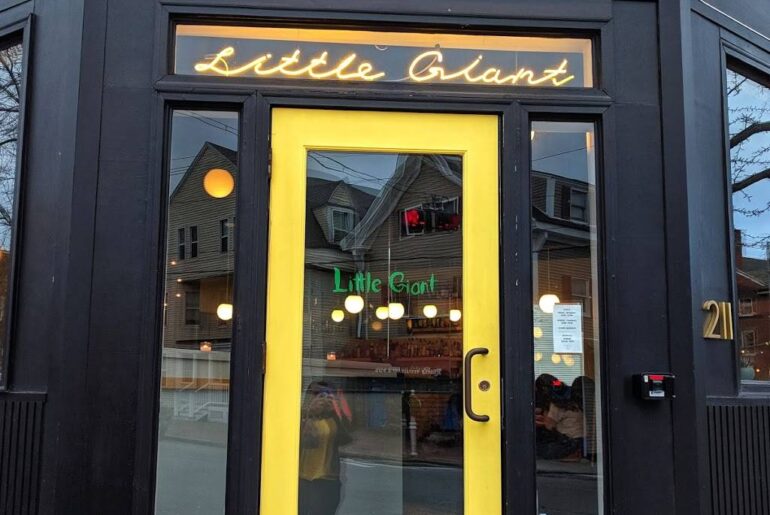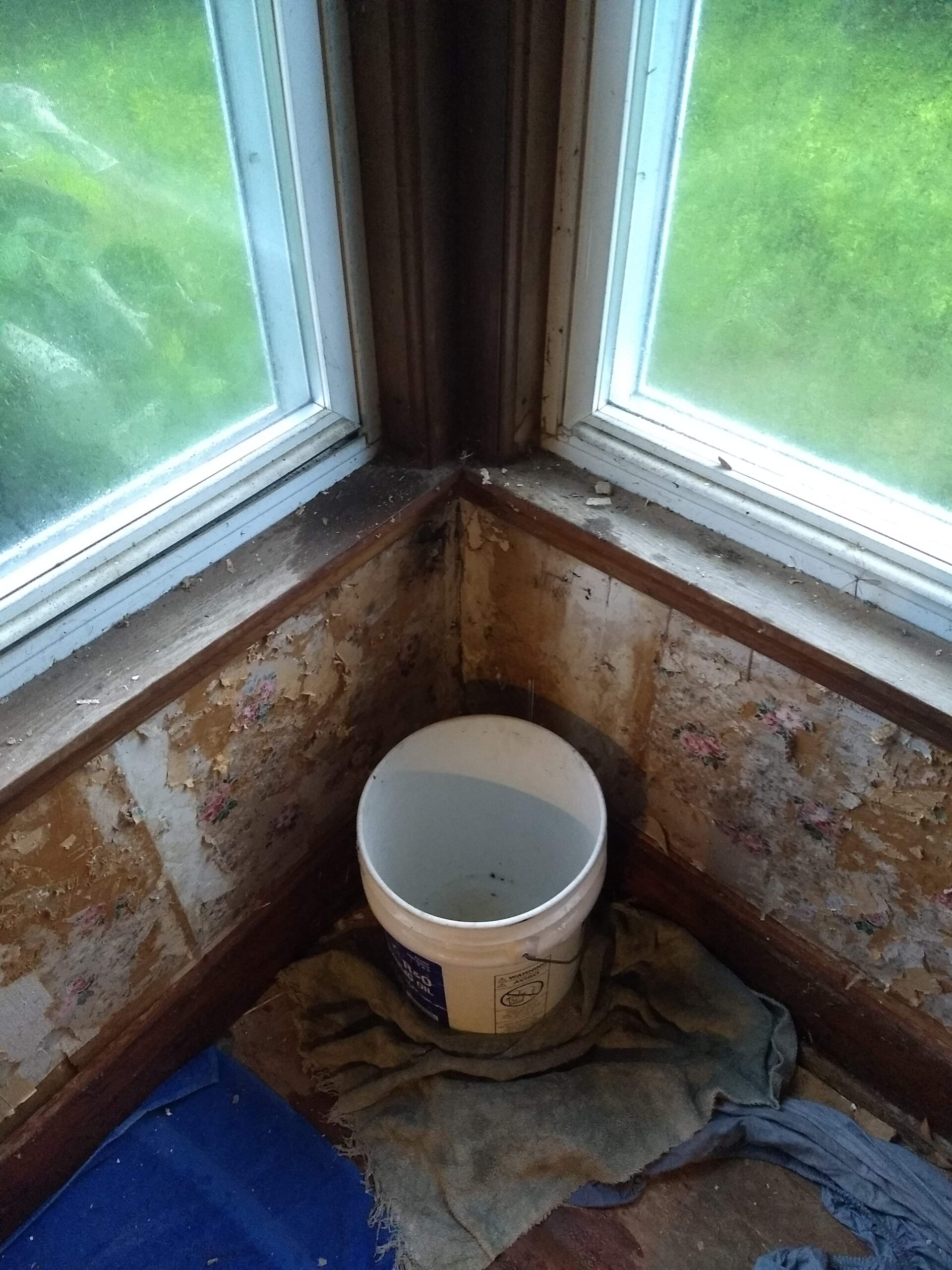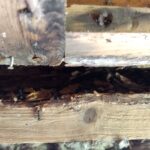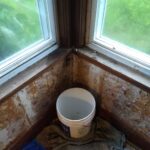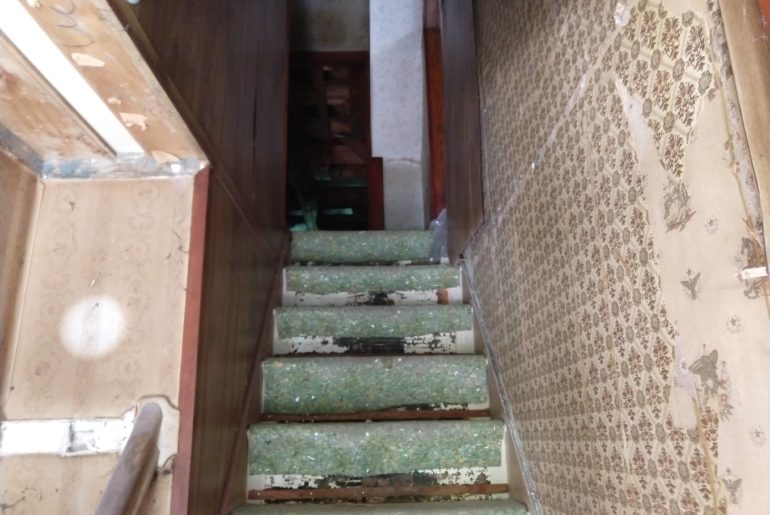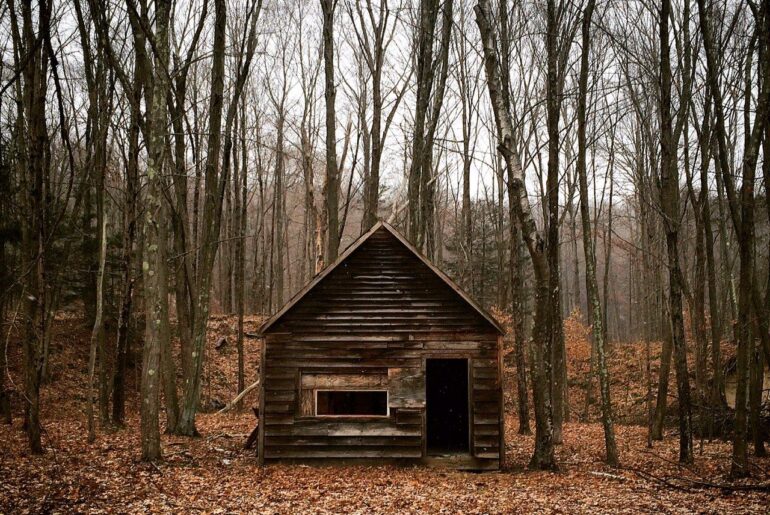Solastalgia: The homesickness you have when you are still at home – when your home environment is changing in ways you find distressing. Coined by Glenn Albrecht, this term is most often used to describe the grief caused when one’s place is forever altered due to environmental degradation or climate change.
I think about Solastalgia as a lifelong mainline Protestant when I brush my son’s teeth.
Michael is five years old, and every night, after we read a book for a continually-renegotiated amount of time, he sits down on top of the toilet seat, cranes his face up at me, and smiles cooperatively while I go about the work of avoiding future dentist bills.
I also use this forty-five or so seconds as an opportunity to give lessons in applied hymnology, as I sing him the beloved songs of my youth in a United Methodist Church.
He’s learned “O For A Thousand Tongues to Sing”, or at least as many of the seventeen verses as I can easily remember. (Incidentally, this was my eight-year-old-self’s favorite hymn, much to the chagrin of the adults who always assumed that “Jesus Loves Me” must be the favorite song of every person under twenty years old.) He’s learned “Lord I Want to Be A Christian” and “Sweet Hour of Prayer”. He’s learned “Amazing Grace” and the even more amazing fact that it can be sung in settings other than funerals. Sometimes he even hums along, as well as a five-year-old can do with his mouth half-open and his father busily doing amateur dental work.
About a month ago, we were performing our normal nighttime ritual, when I suddenly realized, while singing “Holy, Holy, Holy”, that he will never learn to love these hymns which are part of my spiritual bedrock. These songs, which provided the soundtrack for my youth and young adult years, will be forgotten by him and his peers and pass into the mists of curiosity and history. His memories of the songbook of my life, so far as he ever remembers it, will be linked with images of staring up at a bathroom ceiling or with the sleepy dustiness of an almost-empty sanctuary on Sunday morning. The impervious stability which is ostensibly part of the promise of a millenia-old religious tradition, was simply…. not; and I found myself swallowing down the grief that surprised me during one of the most prosaic nighttime routines.
I wonder if you’ve ever experienced such a moment of dislocation in the faith community that you belong to. We go to the place that we call our spiritual home, indeed that many of us have probably called home for much of our lives; and while the sanctuary looks the same as it always has (perhaps eerily so) there’s a sense of weariness. The pews are still lined up in rows, but there are fewer faces in them, and those faces are older than they used to be. The same hymns are sung, but with quieter voices. The traditions: the choirs, the Easter flowers, the Christmas Eve services continue in ever-shrunken capacities; as if slowly returning to the ground from which they came.
In those moments, perhaps you have experienced this intense homesickness for the home of days long gone by: of beloved saints who have passed away, of full sanctuaries and full voices, of a community filled with energy and hope, rather than determined exhaustion. It sometimes feels like we sit amongst the ghosts, who press in on us in those places where once there was life and now there is dust.
It reminds me of the story from Nehemiah, when the exiles return to Israel, and the temple begins to be rebuilt. It says, “All the people gave a great shout of praise to the Lord, because the foundation of the house of the Lord was laid. But many of the older priests and Levites and family heads, who had seen the former temple, wept aloud when they saw the foundation of this temple being laid, while many others shouted for joy. No one could distinguish the sound of the shouts of joy from the sound of weeping, because the people made so much noise.” (Nehemiah 12:11-13)
Perhaps those weeping people were experiencing spiritual solastalgia. They were home but yet not home: recalling what was long past and never coming back; coming to terms with all that was precious that had been lost forever.
I wonder the last time any of us have wept for all that we have lost in our spiritual homes, any more than we have wept for all that we have lost in our planetary home. We live in a culture that denies death and shies from the practice of grief. We live in a culture that is addicted to the solution: that believes that it is our birthright to be the heroes of our own story, that there is always a rabbit ready to be pulled out of the proverbial hat.
It’s easy to see this in climate conversations. We assume ever more frantic can-do attitudes. We invest our faith in increasingly fantastic technological solutions, all of which are either utterly unfeasible or, taken on their own, utterly insufficient for the challenge at hand. We throw ourselves into advocacy work, that, while deeply important, sometimes ignores the fact that the moment that we could have “solved” the climate crisis is past, and the question now is not whether things will get worse, but how much worse they will get. We cannot get our imaginations around the hard fact that this home, which has always been our greatest constant as a species, is now unreliable and will only become more unreliable, no matter what we do at this point; that much of what we love will be lost and already has been lost.
We are not exempt from this dynamic in our faith communities. We often hold up our increasingly tattered pictures of the forever-gone yesterdays like shields against the reality of a changed world: talking only in terms of budgets and volunteers, decrying the spiritual perils of Sunday morning sports rather than wrestling with our own complicated complicity in our communities’ spiritual and institutional decline; shouting “Sunday is coming!” while forgetting that the path to Easter treads through the cross at Friday and the tomb at Saturday.
However, grief is the first step towards hopeful engagement with reality. When we can acknowledge what has already gone into the arms of God, when we can release our frantic desire to return to our imagined yesterdays, when we can stop building ever more fantastic ecclesial castles in the sky, then we are also able to notice the new things that God is already growing out of the green earth. Wherever our suffering is, that’s where God is waiting to meet us: to guide us through shadowed valleys that we have long avoided and to bring us to new homes, made from God’s own body.
About a month ago, before I gave this talk at a public event, we were sitting at the dinner table and Michael asked why I would not be able to perform our nightly hymnological exercise that evening. I explained to him that I was working in my office on an event about helping people grieve for all the places in the world that have been hurt. He paused and asked,
“Did we hurt them?”
I took a deep breath.
“Yes. Not you personally. It’s just really hard to live in the country that we do and not hurt the planet.”
He paused again.
“I want to stop people from hurting them.”
Another pause.
“Even if they hurt me when I do it.”
In this moment is all my rage and grief and hope: rage at the broken planet and broken church that were now his birthright through no fault of his own, grief at the undeniable reality that his life would be harder than my own, and hope at this very young determination to keep trying anyway: a determination that might not change the world on its own, but was still something incalculably precious.
Just because I miss it, doesn’t mean that it needs to come back and even if its ending truly is a tragedy, then that also does not preclude possibility or hope. My son’s spiritual life is a site of hope for me as well as grief. I see him captured by the idea of turning guns into garden tools; and going outside to break his bubble gun in half because he knows that Christians don’t kill. I see the group of kids, nearly half of our small school, who gather in our front yard every week for hot cocoa and muffins before biking to school together. I marvel at the incredible interactions I have almost daily with people who are hungry to wade into deeper spiritual waters than they’ve ever waded into before; even if they’d never dream of calling themselves religious. And in all of this, I see new things I can celebrate, even as I mourn all that is passing away.
What solastalgic ghosts are you sitting with right now? In your spiritual community, what are you mourning that was once cherished but is now lost and perhaps has gone as-yet-unnamed?
May all that springs from the soil of your lament offer you hope and challenge for the good futures that you can help birth for your communities and for our planet.
A version of this talk was given as part of an event entitled, “Solastalgia: Homesick in A Climate-Changed World” hosted by the BTS Center. If you would like a space to grieve with others, make sure to register for “Lament With Earth“, an evening with original music, poetry, and ritual with the Many on Thursday, December 9th, from 7:30-9:30PMEST.

